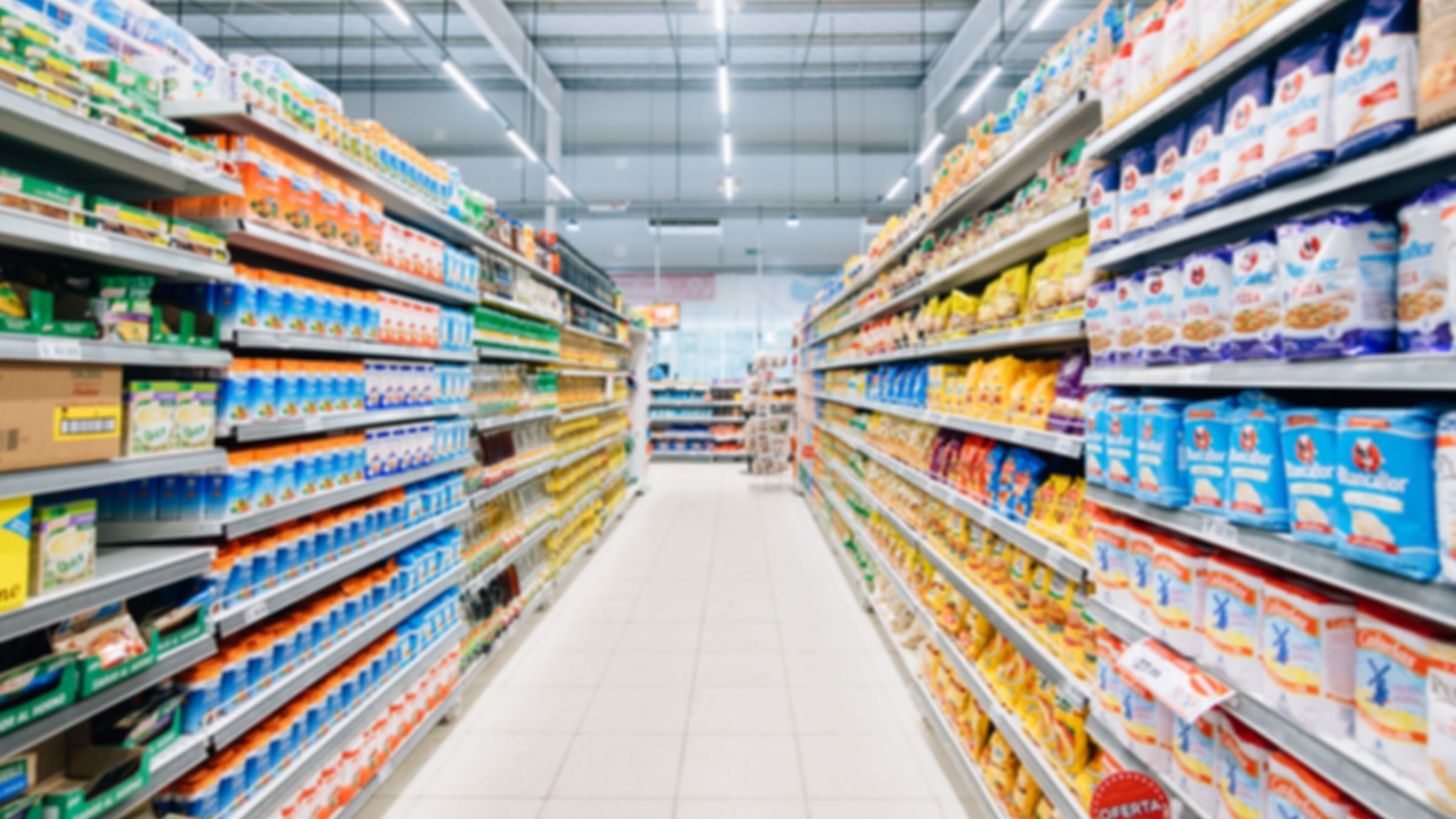
Post adds that like all vital U.S. agricultural export markets, Bermuda comes with its own unique opportunities and challenges.
In 2021, total U.S. exports of agricultural products to Bermuda increased 6% US$96.7 million. U.S. consumer-oriented food products were US$89.8 million, an increase of 5% from 2020. That amount was 93% of the agricultural total. U.S. exports of processed foods grew 5%to US$61.7 million or nearly 64% of the agricultural total.
Top U.S. exports of processed foods in 2021 included:

“All of Food Export's programs were a tremendous help getting us export ready, understanding the challenges that come with international business, and learning how to navigate them.”
Katz Gluten Free
Food Export-Northeast Participant since 2018
Euromonitor expects that the 2022 value of the retail packaged food market in Bermuda to be US$109.2 million, an increase of 9.7% or also US$9.7 million from 2018. They also forecast the packaged food retail market to increase to US$121.6 million by 2026, growth of 11.3% or US$12.3 million.
Top growth categories in the forecast include:
Miami ATO has reported that Bermudian’s high GDP per capita is reflected in their purchasing of very high-end, premium quality and name brand products. Locals are very brand loyal and thus, difficult to sway. Major U.S. brands present
in the market include Del Monte, Nestle, Heinz, Kraft, Kellogg’s, and many others. Lack of shelf space continues to be a problem, making competition for the little space available quite fierce. As a result, only the products with the most
demand are awarded prime shelf space. For many stores, if a new product is brought in, another is bumped out.
According to Euromonitor International, Bermuda’s retail sector is made up of over 100 outlets, evenly distributed
between modern and traditional grocery stores. However, in terms of sales, modern outlets dwarf traditional grocers six to one. Supermarkets are the most important channel in this regard, accounting for 38% of total retail grocery sales,
followed by hypermarts (19%), discounters (18%), traditional grocers (14%), forecourt retailers (7%), and convenience stores (5%).
Because franchises are not allowed in Bermuda, all grocery retail operations are locally owned companies.
This includes all retail outlets, from small grocery shops, convenience stores, specialty shops, and large modern supermarkets. The few farms operating in Bermuda usually have small market stores where they sell locally grown crops and meats
(e.g. pork, duck, and turkey, chicken). One such store is Wadson’s Home Farm Market. Local fishermen also have a few outlets of their own and they also supply retailers with local catch, which includes spiny lobster (from September to
March), rockfish (black grouper), yellowfin tuna, wahoo, and glasseye snapper. In terms of major supermarkets, some of the main ones include the MarketPlace group, Arnold’s Markets, Lindo’s Family Foods, the Supermart, Miles Market
and Harrington Hundreds
The U.S. maintains a dominant presence in the market as Bermuda’s primary trading partner. The major drivers pushing the success of U.S. goods are the availability, abundance, and quality of the products imported.
Most U.S. products are shipped out of New Jersey and to a lesser extent out of Jacksonville, Florida. In the last report, U.S. food imports destined to the foodservice sector account for approximately 35%-45% of total U.S. food imports while the retail
sector is estimated to account for 55%-65% of the total.
Large supermarkets purchase their goods from local wholesalers because they offer convenience and reliability of the items being supplied. However, some supermarkets have significant
purchasing power and import directly from U.S. manufacturers. For example, Market Place and Lindo’s Market import from the U.S. on a regular basis.
In addition, most supermarkets and grocery stores will order mixed container loads
to their New Jersey consolidators if they can offer better prices than the local wholesalers. It is important to emphasize that although direct imports do take place, it is not the norm in the nation’s retail sector. Bermuda has a well-established
distribution network that channels most food imports through local importer/distributors.
Given very limited agricultural activity, food processing is also minimal. Bermuda has one dairy plant. Locally produced agricultural
goods include items such as pork, poultry, eggs, horticultural crops, dairy, honey, and flowers.
Best Product Prospects:
ATO Miami reports that although per capita income in Bermuda is among the highest in the
world, the cost of living is also high. Challenging economic conditions stemming from the Covid-19 pandemic, coupled with several years of limited growth and high unemployment, could create the opportunities for value products. Niche products,
especially in the healthy foods category, also show good potential.
Your Connection To Growth®
©2023 Food Export Association of the Midwest USA and Food Export USA–Northeast. All Rights Reserved.
